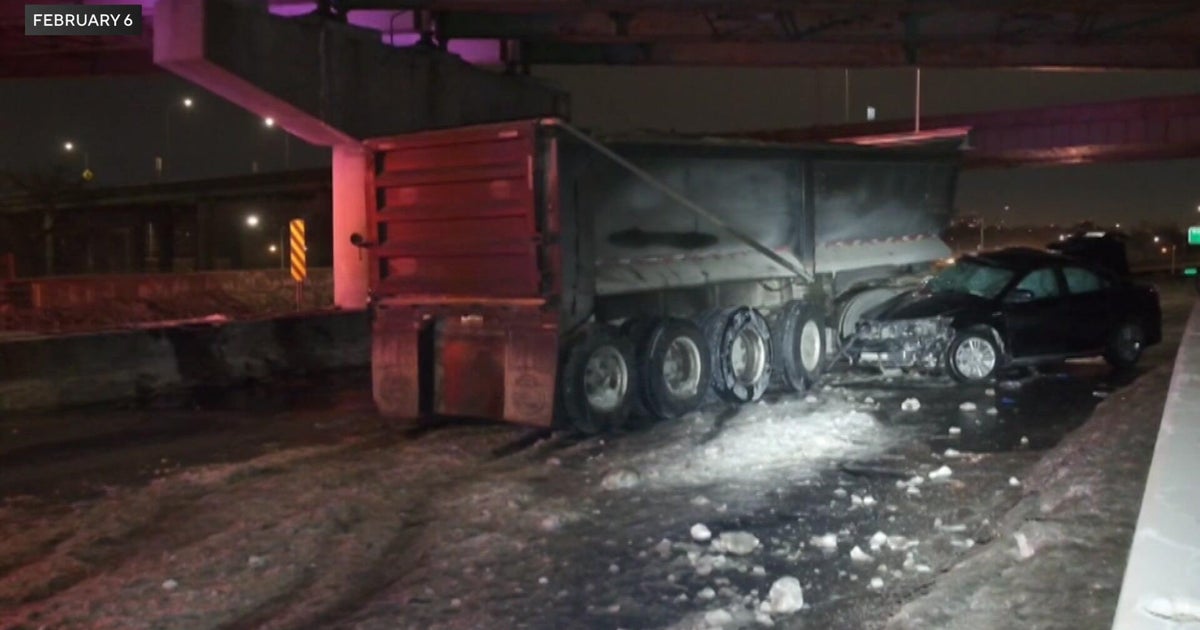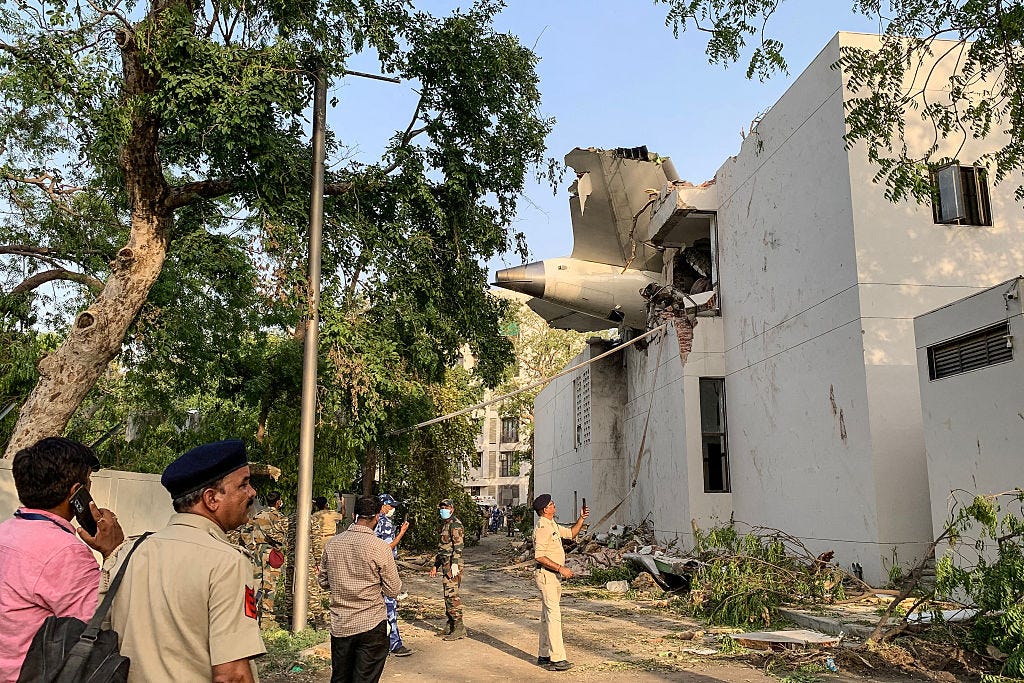FAA thinks anti-stall system was a factor in deadly crash, source says
Arlington, Va. — A source told CBS News black box data from Ethiopian Air flight 302, which crashed earlier this month just after takeoff, has given Federal Aviation Administration (FAA) officials a growing sense that the 737 Max's new anti-stall system was a factor. Investigators are looking at whether a sensor failure falsely activated the system, causing the pilots to lose control of the plane.
This new information once again suggests similarities between the crash in Ethiopia and the Lion Air crash in Indonesia last October.
"There is an extreme amount of pressure for Boeing to find a fix and for the FAA to validate the Boeing finding," said former NTSB investigator Jeff Guzzetti. "Boeing is taking a black eye -- they're already taking a black eye. And so is the FAA quite frankly.
"I think much of this is not deserved -- and will be short lived. But it's certainly creating fear and the lack of confidence in Boeing customers and those that trust the FAA," Guzzetti said.
Boeing announced a software fix to the anti-stall system, intended to make it less aggressive and easier to control. But the 72 Max's in the U.S. will remain grounded until the FAA approves Boeing's updates, which could take months.
- Lion Air flight's pilots reportedly scoured Boeing 737 Max manual as plane went down
- Southwest sees $150M revenue hit from grounded Boeing 737s
Attorney Steven Marks filed the first lawsuit against Boeing connected to the Max 8 crash in Ethiopia. He believes the company's rush to catch up to rival Airbus in 2015 led to design mistakes that turned deadly.
"It's hard to have a great deal of confidence when the regulatory agency allowed this product and Boeing participated and having this product going to market without a complete review," Marks said.
Boeing employees are said to be devastated by the two crashes and the last few weeks within the company have been described as "heart wrenching." A preliminary report on the Ethiopian Air crash is expected any day.



